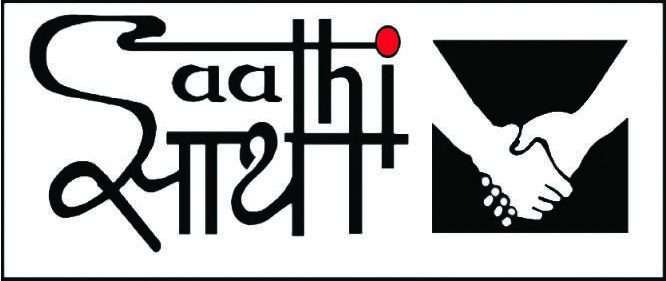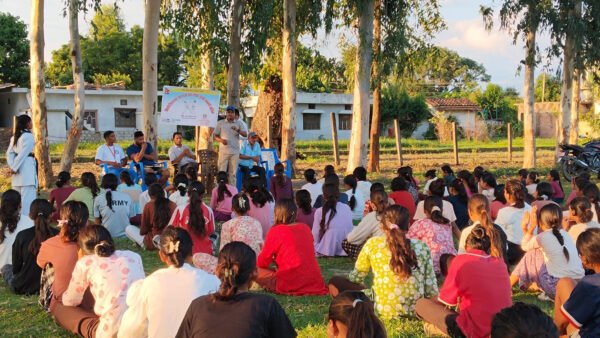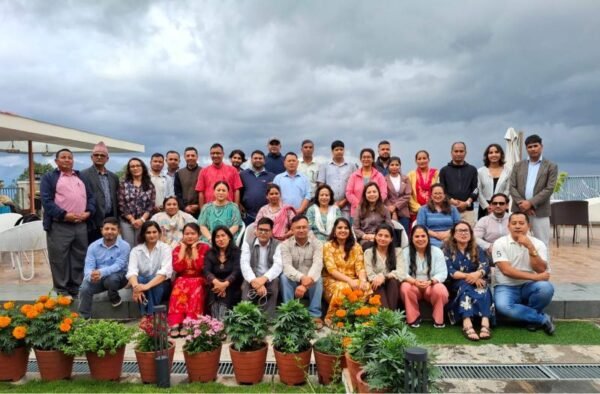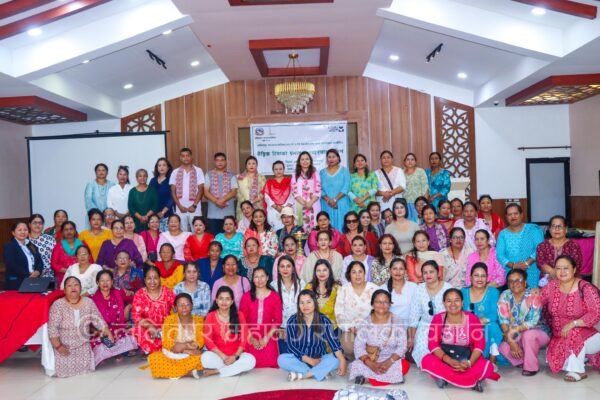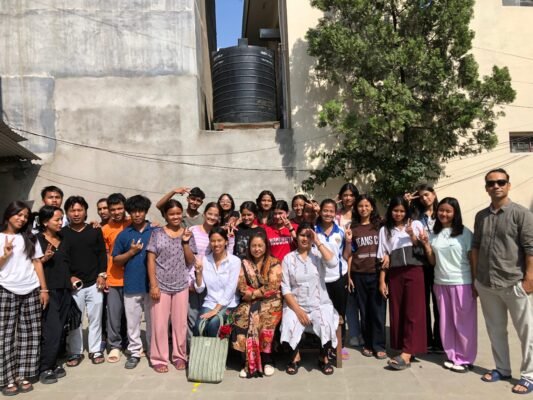Project Overview:
Hamro Samman is a five-year project with the goal to reduce the prevalence of Trafficking-in-Persons (TIP) in Nepal by bringing together implementing partners and various stakeholders including Government agencies, civil society organizations and private sectors. The project is generously supported by the American people through the United States Agency for International Development (USAID) and the British people through the United Kingdom’s Department for International Development (UK aid) and implemented by Winrock International using the ‘4Ps’ framework – Prevention, Protection, Prosecution and Partnership. It is being implemented in 10 selected districts of Nepal.
Objectives:
Objective 1: Strengthening federal, provincial and local Government of Nepal (GON) efforts to combat TIP;
Objective 2: Improving Civil Society Organization (CSO) advocacy and engagement to address TIP; and
Objective 3: Increasing private sector partnerships (PSPs) to service TIP survivors and at-risk populations.
Through this grant, the Hamro Samman project partners with Saathi to strengthen the rehabilitation center operated by Saathi at Nepalgunj, Banke in terms of the quality of the services provided by the shelter in adherence to the ‘National Minimum Standards for Protection and Care of the Survivors of Human Trafficking’ and ‘Standard Operating Procedure for Shelter Operations from 2019-2022. The grant is also designed to improve case management practices in the shelters by training the grantee staff to adopt and use a standardized case management system to more effectively manage their cases and deliver shelter services to their clients; as well as to incorporate activities to address priorities identified by survivors ensuring better client satisfaction with the services offered by the shelter. Saathi will contribute to the implementation of the Hamro Samman project, particularly Objectives 2 and 3, through the various activities.
Saathi ensures representationof vulnerable and marginalized group of people (e.g., Dalit, Indigenous people, single women, survivors of TIP, victims of violence etc.) in the programme. Consider the gender roles and responsibility in dividing labor and time usedto ensure participation of vulnerable groups.
Under this objective, the Shelter Management Committee (SMC) aims to improve the operations of the shelter and improve the management of shelter resources. The SMC will also review the progress in delivery of shelter services, and implementation of best practices in shelter management. The SME will have the composition and execute functions as per the NMS and SOP.
Likewise, Saathi will provide shelter services to TIP survivors (presumed or formally identified) and at-risk people at its shelter. The services provided will strive to meet the standards of care set out in the NMS and SOP. Any services provided by Saathi will always respect the principles of voluntariness, freedom of movement, confidentiality, do no harm, and other fundamental rights of survivors.
